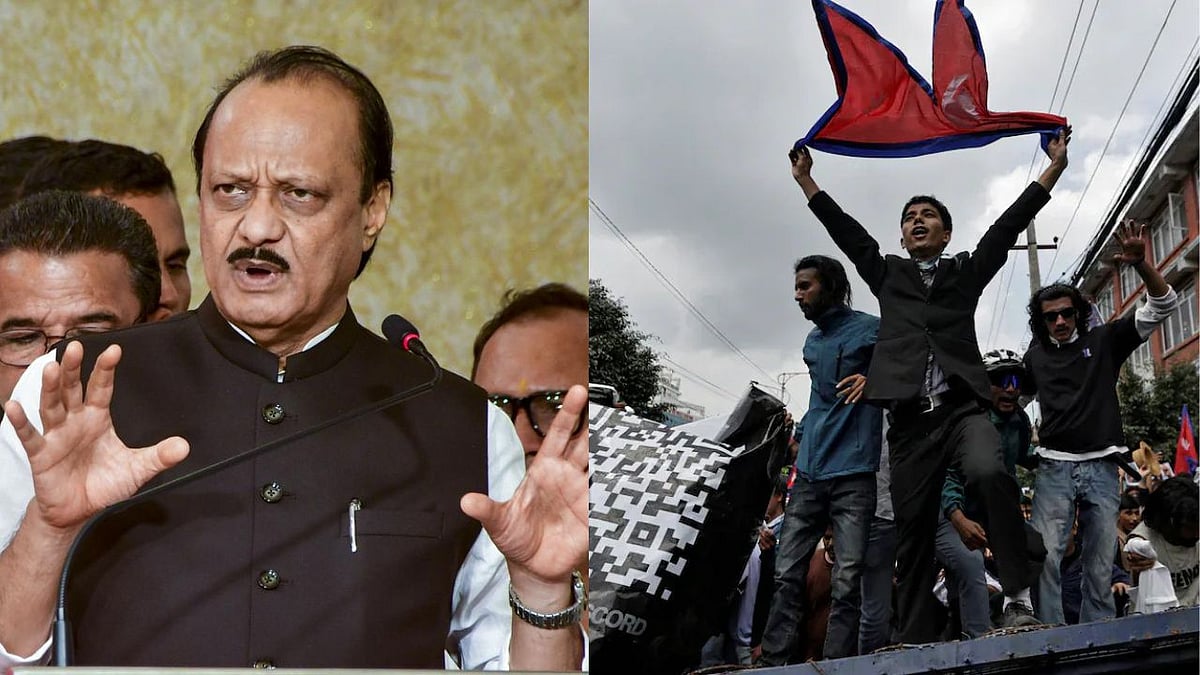Mumbai: In a significant crackdown on organized narco-criminal networks operating within Maharashtra, particularly in Mumbai, Narcotics Control Bureau (NCB) Mumbai has taken decisive action by preventively detaining Faisal Javed Shaikh under the Prevention of Illicit Traffic in Narcotic Drugs and Psychotropic Substances (PIT-NDPS) Act. Faisal Shaikh maintains international linkages, with connections to global drug trafficking networks and also has links with an underworld gang, NCB officials said.
According to the NCB, Faisal Javed Shaikh, a resident of the Dongri area in Mumbai, has gained notoriety as a key figure in the illicit narcotics trade, particularly within Dongri and its adjoining localities. His repeated involvement in narcotics trafficking and criminal conspiracies, with clear linkages to organized crime syndicates, has necessitated his detention under the PIT-NDPS Act to disrupt his influence and operational network in Mumbai. Pursuant to the detention order dated 26.03.2025, issued by the Joint Secretary (PIT-NDPS), Government of India, Faisal Javed Shaikh has been
transferred from Mumbai Central Jail, Arthur Road, to Puzhal Central Prison, Chennai, on 20.05.2025. "Investigations have revealed his direct involvement in large-scale trafficking of narcotic substances, including Mephedrone and Cocaine. Total three NDPS cases are registered against him. Multiple criminal cases have been registered against him under various provisions of the Indian Penal Code (IPC) and the NDPS Act at different police stations. Additionally, assets believed to be proceeds of drug trafficking comprising cash, gold, silver, and immovable properties valued at Rs 6.40 crore have been frozen by the NCB under NDPS Act in 2023-24. The Mumbai Police have also invoked provisions of the Maharashtra Control of Organised Crime Act (MCOCA) against him in 2025. Shaikh has linkages with an underworld gang," said an NCB official.
The PIT NDPS Act, 1988 (Prevention of Illicit Traffic in Narcotic Drugs and Psychotropic Substances Act) is a preventive detention law passed in India to combat drug trafficking at its roots. Its core logic lies in enabling authorities to detain individuals suspected of being involved in the illicit drug trade, even before a crime is formally committed or proven, in order to prevent major drug-related offenses.
Logic and Rationale Behind the PIT NDPS Act, 1988
1. Preventive Rather Than Punitive:
• The NDPS Act, 1985 is punitive—it punishes after an offense is committed.
• The PIT NDPS Act is preventive—it allows authorities to detain individuals proactively based on suspicion of involvement in drug trafficking, to stop them before they act.
2. Targeting Kingpins and Networks:
• Drug networks are often complex, with many players behind the scenes.
• The Act allows detention of those who facilitate, finance, or organize drug trafficking—even if they are not caught red-handed.
3. National Security and Public Order:
• Illicit drug trade is linked to organized crime, terrorism, and destabilization.
• The Act treats it as a threat to national security and public order, justifying preventive detention.
4. Legal Framework for Detention Without Trial:
• It authorizes detention for up to 1 year without trial.








